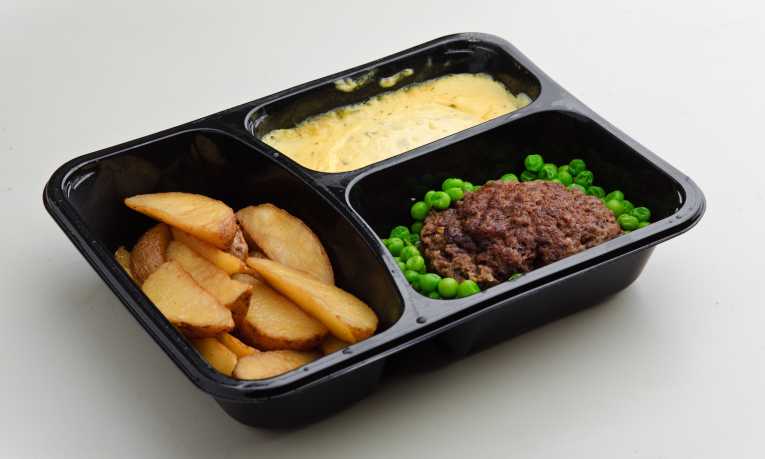Scientists from the University of Bath and Israel's Tel Aviv University have joined together to work on some of the biggest problems facing the global energy and environment industry.
In receipt of funding from the Britain Israel Research and Academic Exchange Partnership (BIRAX), which was launched in 2008, the programme will allow graduate students between the two laboratories "to broaden their research horizons and will contribute to strengthening of the scientific collaboration between our two countries", says Professor Moshe Kol from Tel Aviv University.
One of the newer projects undertaken by the partnership will see the scientists working to improve the properties of bioplastics, so that the material may be used in a wider variety of products. Currently, bioplastics – made from renewable plant sources such as corn, wheat or sugarcane – have restricted uses due to weakness and porosity.
Professor Matthew Davidson, Whorrod Professor of Sustainable Chemical Technologies at the University of Bath and Director of the University's Centre for Sustainable Chemical Technologies, explained: "PLA [polyactic acid, a type of biodegradable plastic] can be made up of two types of building blocks that are mirror-images of each other. Using the current technology, when the plastic is made with both types present they are jumbled together within the structure of the plastic.
"This new project will develop a selective catalyst that will build up a polymer of 'left-handed' and 'right-handed' building blocks in a structured order so that we can control the physical properties of the resulting plastic."
It is hoped that the development of a new chemical catalyst will make PLA stronger and more heat resistant, so it may be used for a wider range of uses such as engineering plastics for the automotive industry, hot drinks cups and microwaveable trays. Using bioplastics for the manufacture of microwaveable trays will be of particular benefit as the traditional black trays are difficult to recycle and often end up in landfill.
Professor Moshe Kol said: "New catalysts are the key to providing renewable and degradable plastics which will help make our society more sustainable and less reliant on oil."
href="https://earthtimes.org/index.html">Technology News









